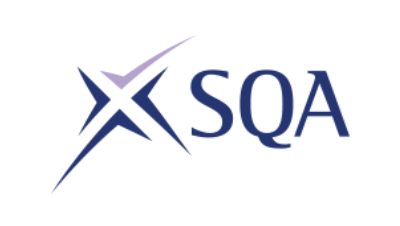This module is designed to provide learners with an in-depth understanding of the principles, methodologies, and critical aspects involved in managing financial risks within the dynamic landscape of modern businesses. Participants will engage in critical discussions and analyses, exploring the building blocks of risk management, assessing how firms handle financial risk, discussing the governance of risk management, and critically analyzing models for valuing financial portfolios.
Learning Outcomes:
- Critically discuss the building blocks of risk management.
- Critically assess how firms manage financial risk.
- Critically discuss the Governance of Risk Management.
- Critically analyze models for valuing financial portfolios.












